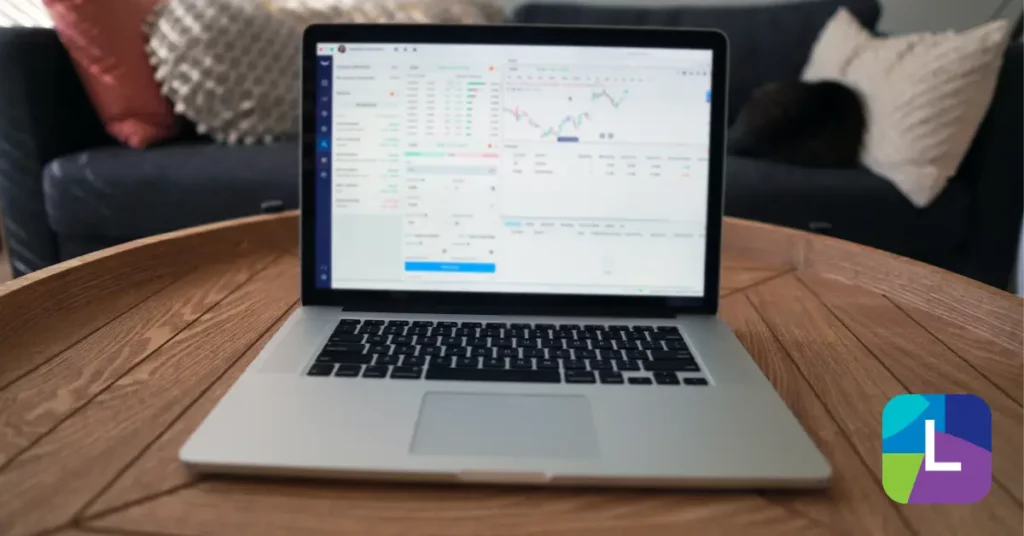Are ISAs Still A Reliable Investment Source?
Rates in the UK have plummeted thanks to the pandemic, and a rapid increase in inflation is leading to an increase in the cost of living. With the introduction of the personal savings allowance, there is not a lot of the usual energy when it comes to ISAs.
For the 6th year in a row, the ISA allowance for 2022/23 is £20,000. Anyone over the age of 16 can open an ISA and any interest gained is tax-free**. You can choose from the following:
- Cash ISA (CISA) – easy access and usually include a fixed term
- Innovative Finance ISA (IFISA) – with more interest rate but not FSCS protected
- Stocks and Shares ISA (SSISA) – for investing
- Lifetime ISA (LISA) – for first-time home buyers or savings retirement
- Junior ISA (JISA) – for your children
Who still uses ISAs
ISAs are still a popular choice for savers. According to HMRC’s official statistics, chart 2 in section 1.2 shows approximately £75 billion was subscribed to Adult ISAs in 2019/20, an increase of £7.1 billion (9.8%) from the previous year. Furthermore, the 2019/20 market value of Adult ISA holdings stood at £620 billion.
One of the reasons why ISA is still popular is that money is relatively safe within an ISA and any interest gained is tax-free. But the economic climate is not helping. With the soaring inflation rate, it’s almost impossible to open a cash ISA that can beat the rate.
Alternative Credit Investor (ACI) recently reported that £781m was invested in Innovative Finance ISAs (IFISA) during the first year of the pandemic (2020-2021) despite months of uncertainty. Between 2020-21, they also mentioned the HMRC reported 16,000 new IFISA accounts, bringing the total to approximately 142,000 IFISA accounts since its introduction in 2016. Additionally, the HMRC reported the IFISA market surpassed the £1bn mark during the 2019-20 financial year, and will likely surpass the £3bn mark by the end of the 2022-23 financial year.
However, there are other ISAs that might achieve a higher interest gained for your money – the Lifetime ISA (LISA) is the only exemption.
With the introduction of the personal savings allowance (PSA) in 2016, savers pay tax on interest after passing certain criteria. Dividend income from investments is not included in the allowance. The majority of savers won’t pay on the interest earned as you’ll need at least £10,000 before interest is applied. And that point, you can just transfer money into an ISA and still have your allowance check free.
With low-interest return rates, Cash ISAs are becoming less and less popular due to the high inflation rates. HMRC reported Cash ISA deposits declined by £12bn during the 2020-21 tax year, as people rejected the low savings rates on offer in favour of the high-risk yet high returns ISAs. Some providers were advertising rates as low as 0.1%. You don’t want to be opening an account with little to no interest rates which you can’t access for 3 years. During this time, rates may rise and you’ll want to move your money into a better-paying account. So just because it’s low, it doesn’t mean it will be low forever.
So are ISAs still worth the investment?
Currently, we are going through a period of harsh economic conditions and a concerning rising cost of living. This makes it an unlikely time for investors in the lower-income band to prioritise investment over essential spending.
To some degree, ISAs are still worth it, but it would depend on which one.
- A Lifetime ISA is definitely worth the 25% returns on your invested funds if you plan to use it for your retirement or your first home.
- Cash ISAs will most likely continue to decline which could result in an increase in IFISA investments.
- Junior ISAs are likely to continue growing as parents are seeking a strong financial position for their children in what could be a harsher economy in the years to come.
- IFISAs investment will most likely continue to rise to become the most popular ISAs due to their higher reward incentives.
- Stock & Shares ISAs would be another ISA that will most likely dominate the ISA market in the near future. More young people are being steered towards stock investments due to their incentives for higher returns. You can view our blog on How the pandemic pushed Millennials and Gen Z into investing.
Once the economy starts to return back to normal rates, we expect to see a gradual rise in investments. In addition, it is most likely providers will start advertising more incentives to persuade new or returning investors.
We cannot pinpoint whether or not investing in an ISA is still worth it for you, as different people are currently experiencing different situations. The research did show increased investment during the pandemic despite thousands losing their jobs. Research also shows your money fairs better in an investment fund than in a savings account – any spare income which would otherwise sit in a savings account can grow in an ISA. In conclusion, investing in ISAs is still worth it.
Support postgraduate education on the Lendwise platform. Help make a difference to students looking to study at top business schools such as London Business School, Judge Business School, Chicago Booth and many more. Help make a bright difference to ambitious postgraduate students. *Explore investment options today.
*Capital at risk. Don’t invest unless you’re prepared to lose money. This is a high-risk investment. You may not be able to access your money easily and are unlikely to be protected if something goes wrong. Take 2 minutes to learn more.
Check our Lender terms and conditions.
**The tax treatment of interest and reliefs on defaults may be subject to change and tax treatment will depend on your individual circumstances.
Before investing your money, you should seek financial advice from an independent financial advisor. By investing with Lendwise Ltd, we cannot guarantee that you will get back what you invested. Investment returns on the Lendwise platform cannot be guaranteed and past performance is not a reliable indicator of future performance. We do not offer tax or investment advice.




